It’s not always easy to tell which products are green, how green they might be, or in what ways they are green. There are no standard, universal definitions for the terms “green,” “environmentally friendly,” or “natural.” However, the FTC has recently created more stringent guidelines to prohibit marketers from making fraudulent environmental claims about their products.
Finding products that have achieved green certifications (from groups that have rigorous standards) can help you separate true green claims from “greenwashing.” So look for eco-labels from legitimate, independent, third-party certifiers (as opposed to industry- or self-administered programs); several third-party certifiers are listed below.
Manufacturers that have had their environmental product claims independently assessed, verified, and certified by a third-party group can feature the corresponding eco-label on their certified products. Be aware that some certifications only verify specific single-attribute claims (e.g., energy efficiency, organic status, recycled-content percentage, indoor air quality/emissions, or biodegradability), while others review multiple attributes related to a certain kind of product (e.g., forest products, paints, cleaning products, etc.). Green attributes can relate to the design, manufacturing, and/or operational (use) impacts of a product, or they can address the full lifecycle impacts of the product: from raw material extraction to end-of-life disposal/recycling/reuse.
Bear in mind, though, that many small companies can’t afford to put their products through a costly certification process, so there are some very-green products that do not have green certification labels. Therefore, it can also be helpful to look carefully at product ingredients and read up on the company’s claims and any outside analysis of those claims. But first, you should have a basic understanding of product stewardship and the criteria and attributes that might make a certain product greener than others of its kind.
Products’ green attributes tend to fall into these four general categories:
- Public / Environmental Health: pollution reduction during a product’s lifecycle (e.g., reduction of toxic inputs and by-products, and reduction of fossil fuel/energy use and greenhouse gas emissions from manufacturing, etc.); protection of air, water, and soil quality and climate stability
- Individual / Household Health: minimized exposure to toxins/hazards for product users’ health and safety
- Resource Conservation: conservation of natural resources, including water, raw materials (e.g., trees, minerals), land/habitat, soil; reduction of resource extraction, resource use, and waste
- Social Responsibility: supports safe, responsible, and equitable labor practices, local economies, fair trade, human rights, humane treatment of animals, community vitality
[Note: I’ll be adding additional examples of specific product attributes within these categories soon.]
The following are some of the major certifiers of green product claims, as well as some other relevant standards, rating systems, and online assessment tools and resources. This is not an exhaustive list:
General: Multiple-issue / multiple-attribute
Certifiers/Eco-Labels:
- Green Seal

standards and certifications for numerous types of household and institutional products; see list below
- SCS Global Services
 numerous types of certifications, including “Environmentally Preferable Product” lifecycle assessment; FSC; FloorScore; FairTrade; specific product claim certifications, e.g., recycled content, etc.
numerous types of certifications, including “Environmentally Preferable Product” lifecycle assessment; FSC; FloorScore; FairTrade; specific product claim certifications, e.g., recycled content, etc.
- UL Environment
 ECOLOGO lifecycle certifications, as well as Greenguard chemical emissions certifications and single-attribute claim validations
ECOLOGO lifecycle certifications, as well as Greenguard chemical emissions certifications and single-attribute claim validations
Other general green product standards and ratings:
Issue-specific
Certifications/Eco-Labels:

](https://www.thegreenspotlight.com/wp-content/uploads/2014/12/WS-Meets-Logo11-150x150.jpg)
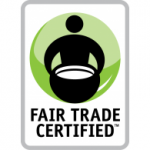
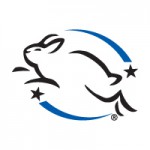
Industry- or Product-specific
Certifications/Eco-Labels:
- Green Seal (see logo above) has certifications and standards for numerous types of products (e.g., household/cleaning products, hand soaps and cleaners, institutional cleaning products, personal care products, paints and coatings, printing and writing paper, windows, adhesives, paper towels and napkins and tissues, food packaging; cleaning services, hotels and lodging, and restaurants and food services, etc.)
- Electronics: EPEAT registered products (managed by the Green Electronics Council)
- Flowers and Potted Plants: Veriflora “Sustainably Grown”
- For other ecolabels (in the U.S. and in other countries), see the Ecolabel Index.
There are also green certifications for services. While this post is focused on products, rather than services, here’s one example of a green service certification: the Green Shield Certified certification for pest control companies that use good Integrated Pest Management practices (including avoiding use of the most toxic pesticide products).
Other industry-specific green product standards, assessment tools, directories, and other resources:
Also keep in mind that companies that are greener than others (e.g., companies that have greened their internal operations and have active green commitments) are more likely to make and use green products. So also look for products (and services) from companies that have been certified as green:
Benefit Corporations and B Corps: Businesses for the Common Good
Beneficial Businesses: Top B Corps of 2014
Related posts:
For additional information on green products, see:
December 26, 2014



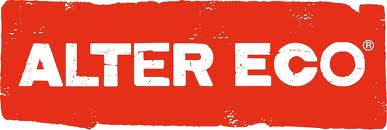


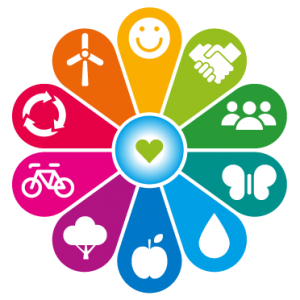 The organization
The organization 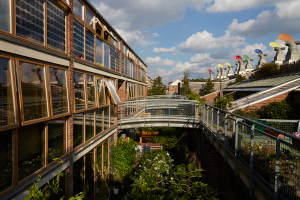
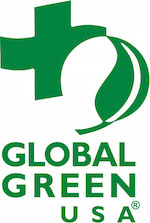




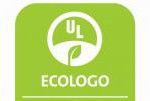

](https://www.thegreenspotlight.com/wp-content/uploads/2014/12/WS-Meets-Logo11-150x150.jpg)





